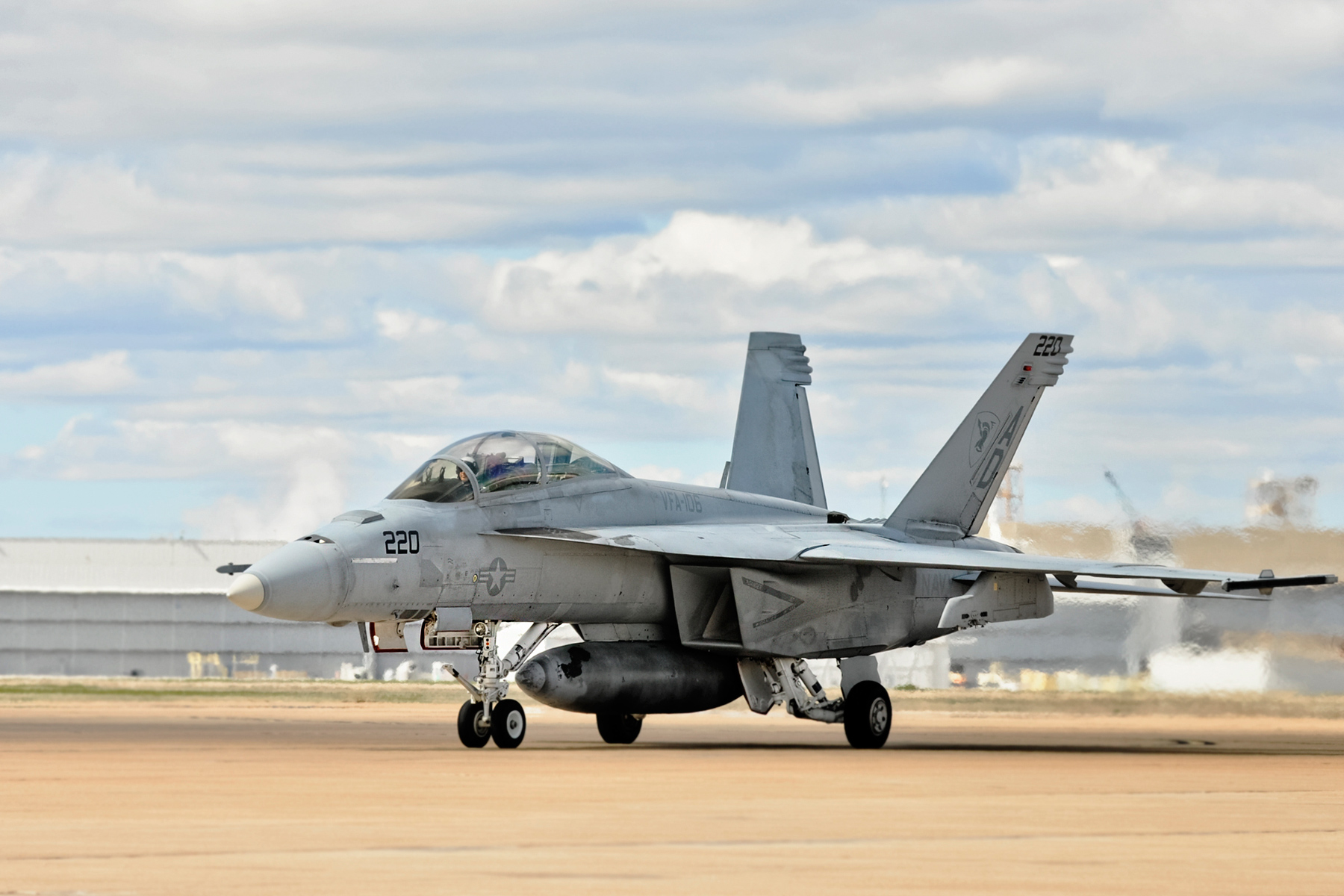Boeing: F-15EX and F/A-18 production in jeopardy due to critical supplier issues
Boeing’s production lines for the F/A-18 «Super Hornet» and F-15EX «Eagle II» fighters were disrupted due to problems with its supplier GKN Aerospace, which wants to close a factory that produces critical components for both aircraft.
GKN intends to close its Hazelwood, Missouri, factory by the end of 2024, jeopardizing the production of critical «superplastics» and «flight control surfaces» for both aircraft. The situation is particularly serious because Boeing and the Biden Administration are nearing the close of a major $18 billion deal with Israel for the sale of up to 50 F-15EX fighters (25 new aircraft and another 25 F-15I Ra’am modernized to the same standard).

See also: Israel requested the purchase of 25 Boeing F-15IA Advanced Eagles
According to the ST. Louis Today newspaper, Boeing has been in litigation with its supplier GKN Aerospace for the past 18 months over the company’s plans to close its Hazelwood plant by the end of the year and lay off some 700 workers there. In addition to GKN, Boeing also sued its British parent company, Melrose Industries, alleging that closing the Hazelwood factory would violate GKN’s agreements to supply key parts for the manufacture of these fighter jet models.
Boeing claimed that Melrose hoped to force the sale of GKN to Boeing and even rejected other bidders. GKN and Melrose say keeping the factory open is «unsustainable.»
Last month, Boeing’s lawyers were able to prevent GKN from destroying certain parts and materials deemed obsolete and surplus, which were critical to keeping the F/A-18 and F-15 production lines running. Components produced at Hazelwood are transported to the nearby Boeing facility in ST. Louis, where the aircraft are assembled.

See also: With no export orders, the Super Hornet saga is coming to an end in 2027
The manufacturing of these components used to be done in-house at Boeing, when it was a more vertically integrated company, but in 2001 it sold this part of the business to GKN, for which it no longer appears to be a profitable activity.
Boeing, Melrose and GKN issued statements expressing their desires to reach a solution that satisfies all parties, but while negotiations are ongoing, GKN has not yet changed the timetable for the closure of its Hazelwood plant.
The eventual loss of this critical supplier could significantly affect Boeing’s production schedules for the F-15EX and F/A-18, especially if the Israeli deal on the F-15IA (Israeli version of the EX) is approved. The options for the U.S. aerospace giant may be to buy back the GKN production unit (as per the Melrose plan?) or look for another supplier that can quickly adapt to manufacture these sensitive components. A challenging few months lie ahead for Boeing, which must overcome this major difficulty. The ball is in its court.

/https://aviacionlinecdn.eleco.com.ar/media/2020/07/F-15EX-en-fabricaci%C3%B3n-scaled.jpg)
Para comentar, debés estar registradoPor favor, iniciá sesión